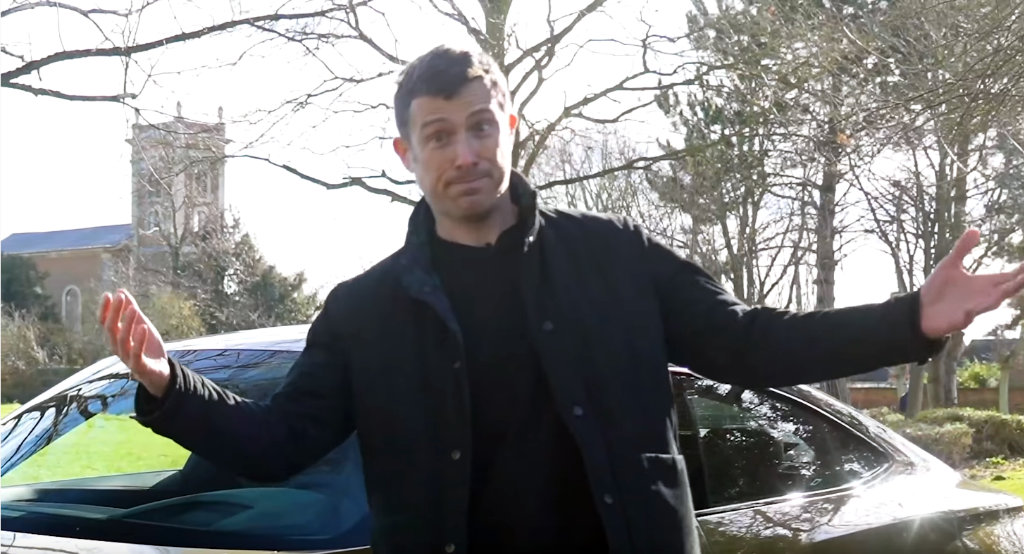Nearly 116 million Americans had open auto loan accounts in the first quarter of 2020, and the outstanding auto debt stands at more than $1.3 trillion. That’s an 85% increase from the end of 2009. Unfortunately, historically high unemployment rates aren’t making it easy for people to pay back their loans, and many are now facing repossession.
If you’re in the same boat and the bank’s already repossessed your car, the following options are still available to you.
Call Your Lender
Failing to make payments isn’t the only reason why the bank might repossess your car. Sometimes, failing to meet all the stipulations in a loan or lease contract can cost you your vehicle, too. Therefore, it’s best to call your lender and clarify what went wrong.

Once you determine the reason behind the repossession, you can try to rectify the situation. Many banks and repossession companies may return your car if you pay back the loan in full. You’d likely have to dip into savings, as you wouldn’t yet qualify for another loan. However, if you can’t survive without a car, you may have to sacrifice your emergency or vacation fund to keep it.
Repossession Procedures And Regulations
The auto repossession law outlines the procedures and regulations governing the repossession of vehicles by lenders or creditors. Understanding the Massachusetts auto repossession law (or the regulations for your specific state) is crucial for both lenders and borrowers involved in vehicle financing agreements. These laws dictate the process lenders must follow before repossessing a vehicle, including providing notice to the borrower and adhering to specific timelines. Borrowers have rights under the law, such as the right to cure the default by catching up on missed payments or redeeming the vehicle before it is sold. Additionally, lenders must follow strict guidelines regarding the sale of repossessed vehicles to ensure fairness and transparency. Familiarizing oneself with the auto repossession laws in place in your area can help both lenders and borrowers navigate the repossession process effectively while protecting their rights and interests.
Refinance
If your lender is willing to work with you, you may also consider refinancing. Ask them if you can spread the payments over a longer period to lower your monthly bill. Alternatively, you could score a lower interest rate and maintain the same loan period to keep costs to a minimum.

Even If they agree to this arrangement, the late payments and repossession may still affect your credit score for seven years. However, by staying on track, you can prove your reliability to future lenders. Maintaining low balances on credit cards and keeping up with other loans will also repair your credit after repossession.
Know Your Rights
Your lender may have the right to take your vehicle, but you have rights, too. For example, if there were any personal belongings in your car, you can reclaim them. However, if the creditor stole your things, made threats or broke into your garage to take your vehicle, you may be able to sue them. Contact a consumer lawyer to explain the situation and take legal action if you feel that someone’s violated your rights.

You might also have grounds to prosecute your creditor if they fail to send an acceleration or post-repossession notice. In many states, the law requires lenders to let you know you’ll have to pay the remaining balance on your loan to keep the vehicle. Meanwhile, all 50 states require creditors to send the latter notification at least 10 days before a planned sale. If they don’t, you might be able to sue them.
File for Bankruptcy
Filing for bankruptcy should by no means be your first course of action. However, if you can’t find a way to turn things around after considering all other options, you could do so. Still, it’s wise to talk to your bankruptcy lawyer before making such a life-altering decision.

If your lawyer does advise you to file, there’s a good chance you can keep your car and work out a plan to catch up on payments. When you declare bankruptcy, an automatic stay will go into effect and put an immediate stop to all collection and repossession efforts. Ultimately, this can give you more time to cure your default and get your car back.
Act Quickly
You must act quickly when it comes to getting your vehicle and belongings back after a repossession. In many instances, you may only have a matter of days before your creditor disposes of your personal belongings and auctions off your car.

Still, these factors shouldn’t force you to make a hasty decision. Carefully choose the best route of action for your situation and then move swiftly.








